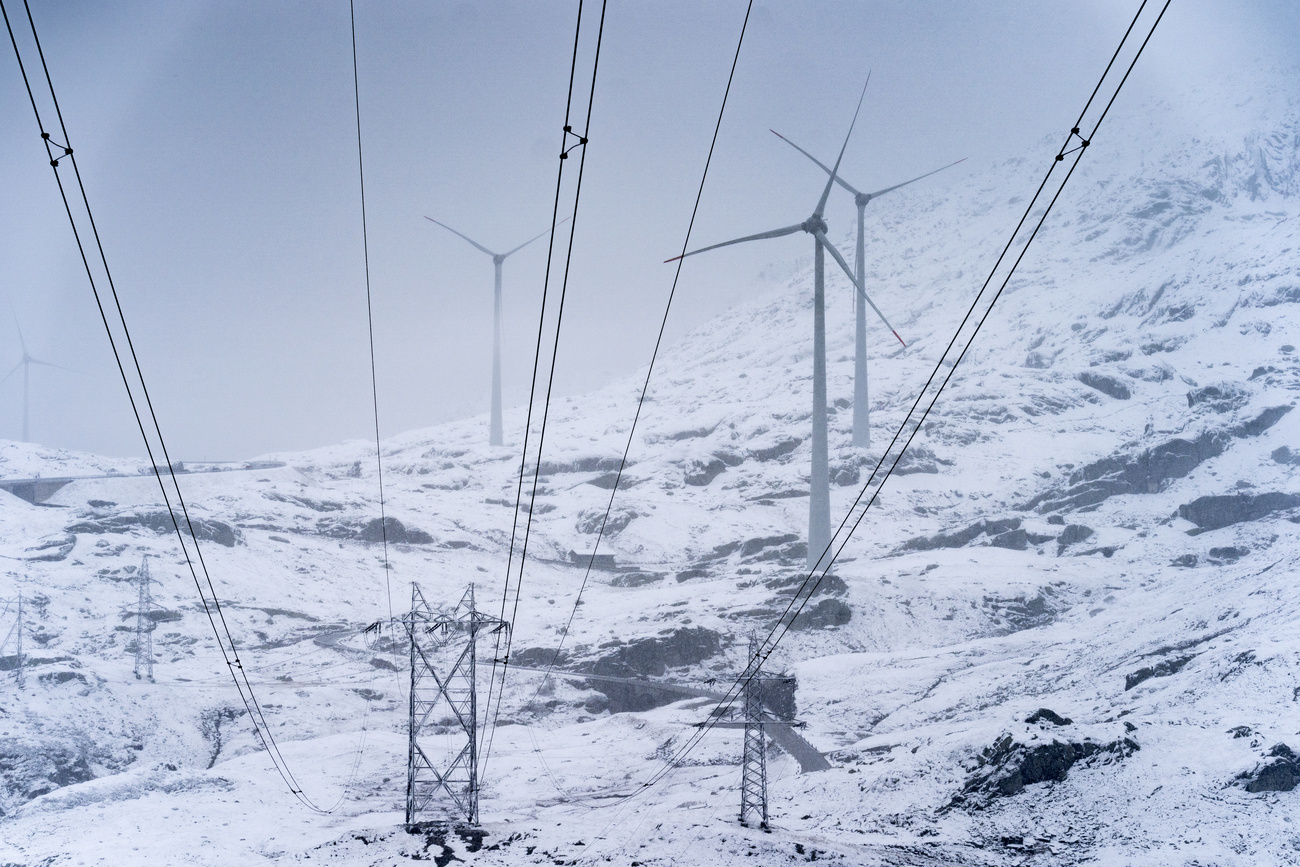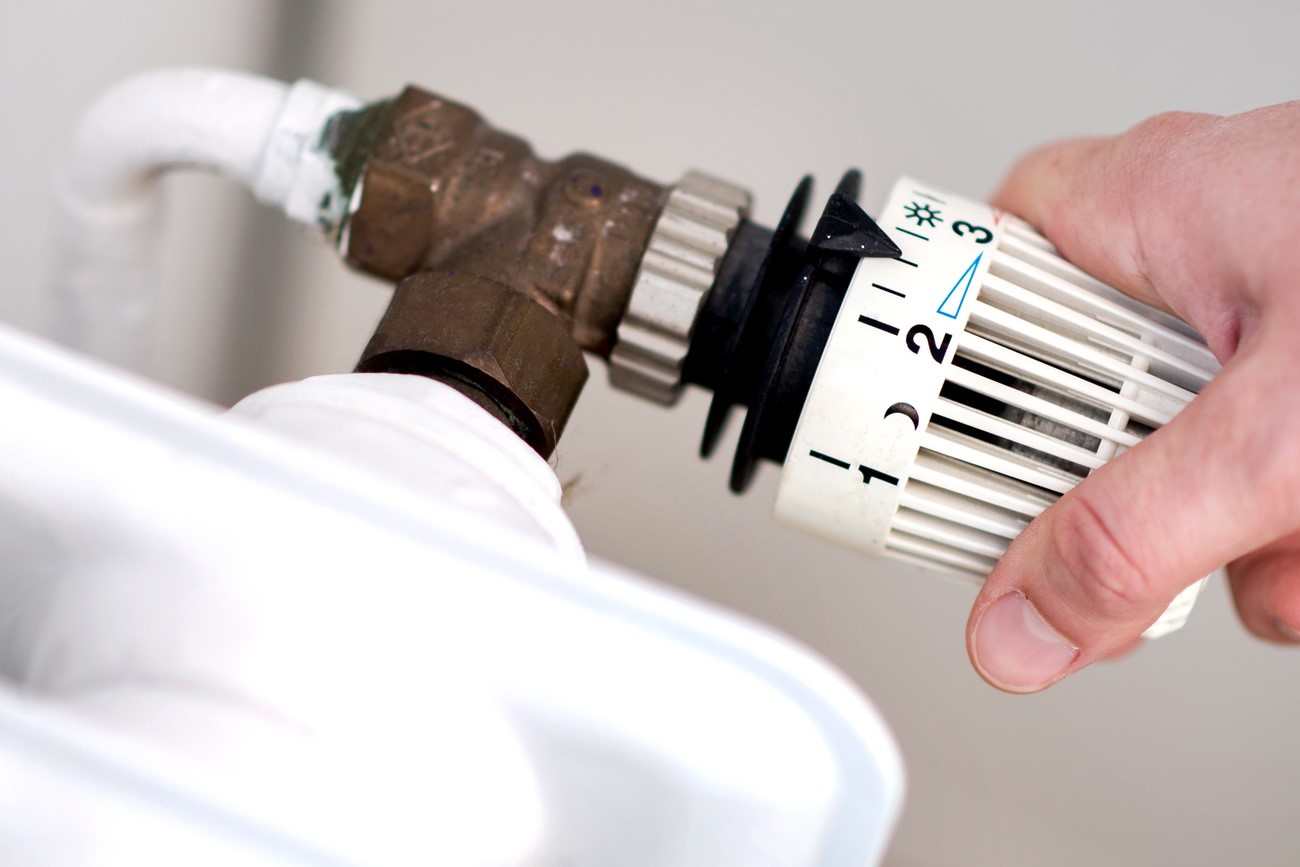
Government moots backup plans in case of electricity shortages

The government has presented a draft step-by-step plan which would come into effect should there be a serious lack of electricity in the country.
A week after giving details of how an eventual gas shortage would be handled, Economics Minister Guy Parmelin was back on Wednesday with another set of scenarios – this time about possible electricity shortages.
While such a situation remains theoretical, the government is reacting to concerns about the conflict in Ukraine, the disruption to international energy markets, and the ongoing lack of an electricity agreement between Switzerland and European Union.
In case of a shortage, the first stages of response would combine appeals to reduce usage with certain restrictions, such as limiting advertising lighting during the night, adapting commercial opening hours, or banning some sporting or cultural events.

More
Switzerland braces for winter energy crunch
Another step would see rationing for big electricity users: that is, the 34,000 users who together consume 50% of all electricity in Switzerland. This option, which so far includes no exceptions, could last for up to a month, the plan statesExternal link.
The final, last resort option – “to be avoided at any cost”, Parmelin said – would see rotating outages in order to maintain the stability of the grid, but with efforts made to avoid any impact on critical infrastructure, emergency services, or hospitals.
Calls to save
The proposed measures – which are much more specific than those for the gas sector – would only come into effect if current efforts to shore up the country’s energy and electricity stability fail, Parmelin said.
He reiterated a call for citizens and businesses to “save, save, save” when it comes to energy.
The package of measures will be discussed by cantons and business representatives before the government comes up with a final draft. The consultation period runs until December 12.

In compliance with the JTI standards
More: SWI swissinfo.ch certified by the Journalism Trust Initiative

























You can find an overview of ongoing debates with our journalists here . Please join us!
If you want to start a conversation about a topic raised in this article or want to report factual errors, email us at english@swissinfo.ch.